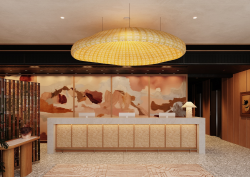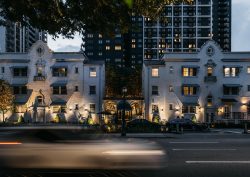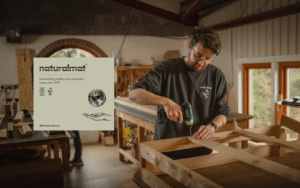SALT of Palmar, designed by architect Jean-François Adam and Camille Walala, has become the latest hotel to join the Design Hotels portfolio of contemporary hospitality jewels…
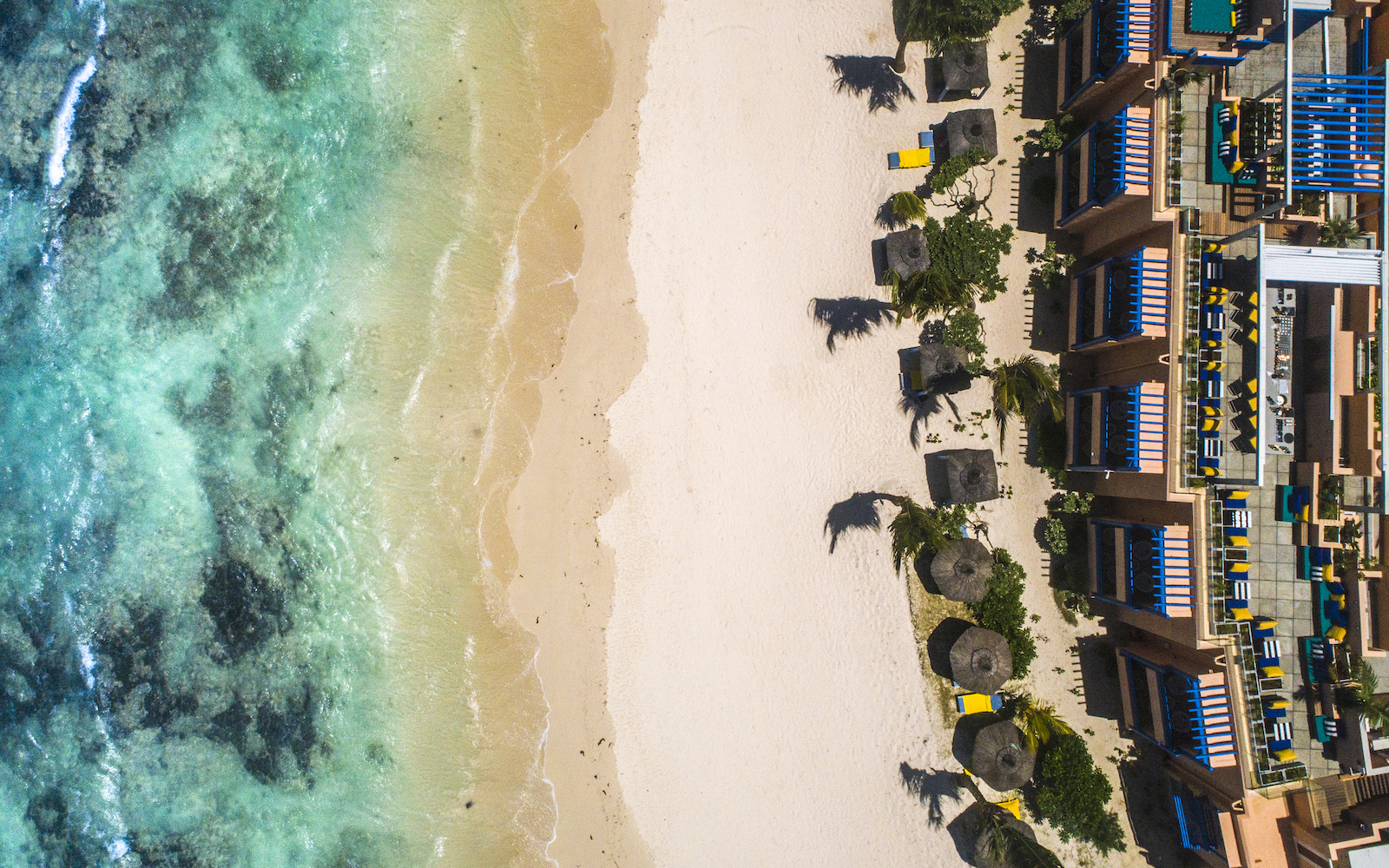
Facing east, in a village nestled between Belle Mare and Trou d’Eau Douce, located on a miniature peninsula between two bays with calm turquoise waters overlooking the Indian Ocean, sits a special design-led hotel and destination. SALT of Palmar, which opened its doors in 2018, has just become Design Hotels’ the first property in Mauritius.
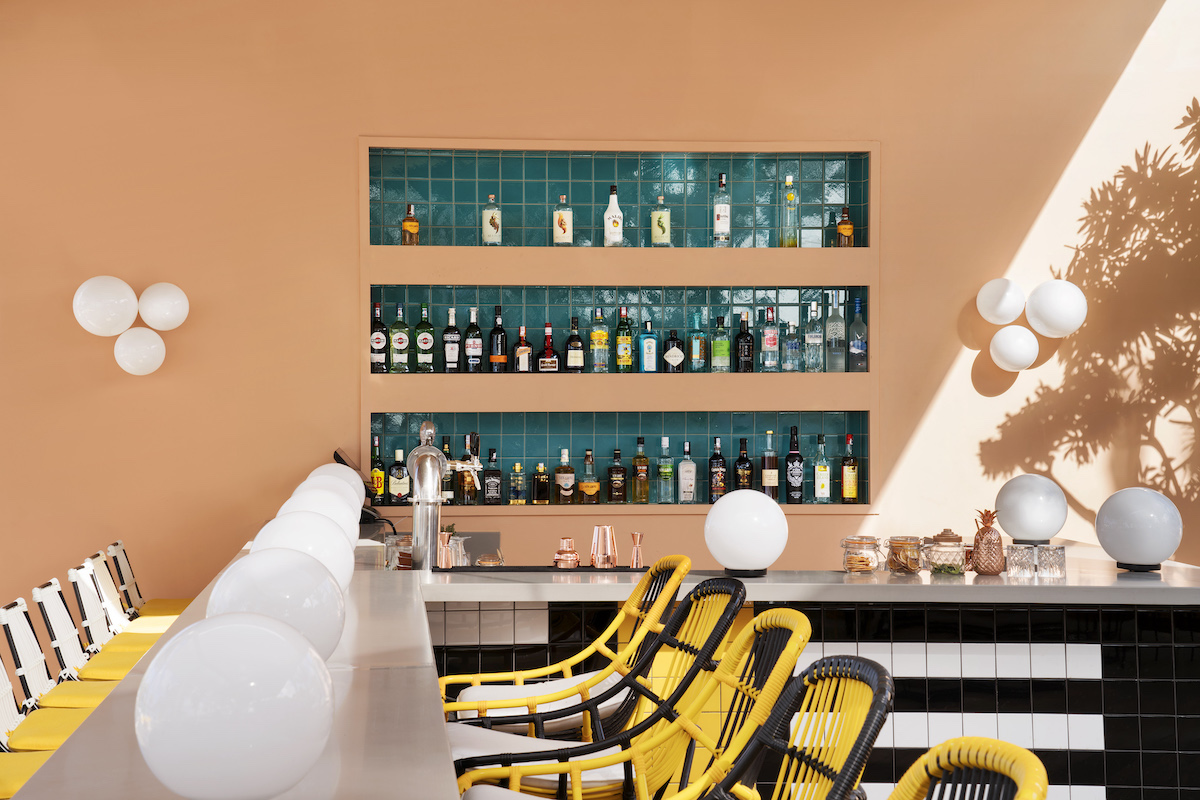
Image credit: SALT Resorts
Having made waves in the local hospitality scene with its bold design by Camille Walala, contemporary dining concept and commitment to giving back to its community, the adults-only boutique hotel encapsulates Design Hotels’ core values, which are rooted in purpose, connectedness and curiosity. The collective of hand-picked, design-driven properties are defined by unique creative expression, consciousness, and creating spaces for purposeful experiences—the addition of SALT of Palmar establishes a new partnership that acts as an anchor for a community of travellers seeking transformative and restorative adventures.
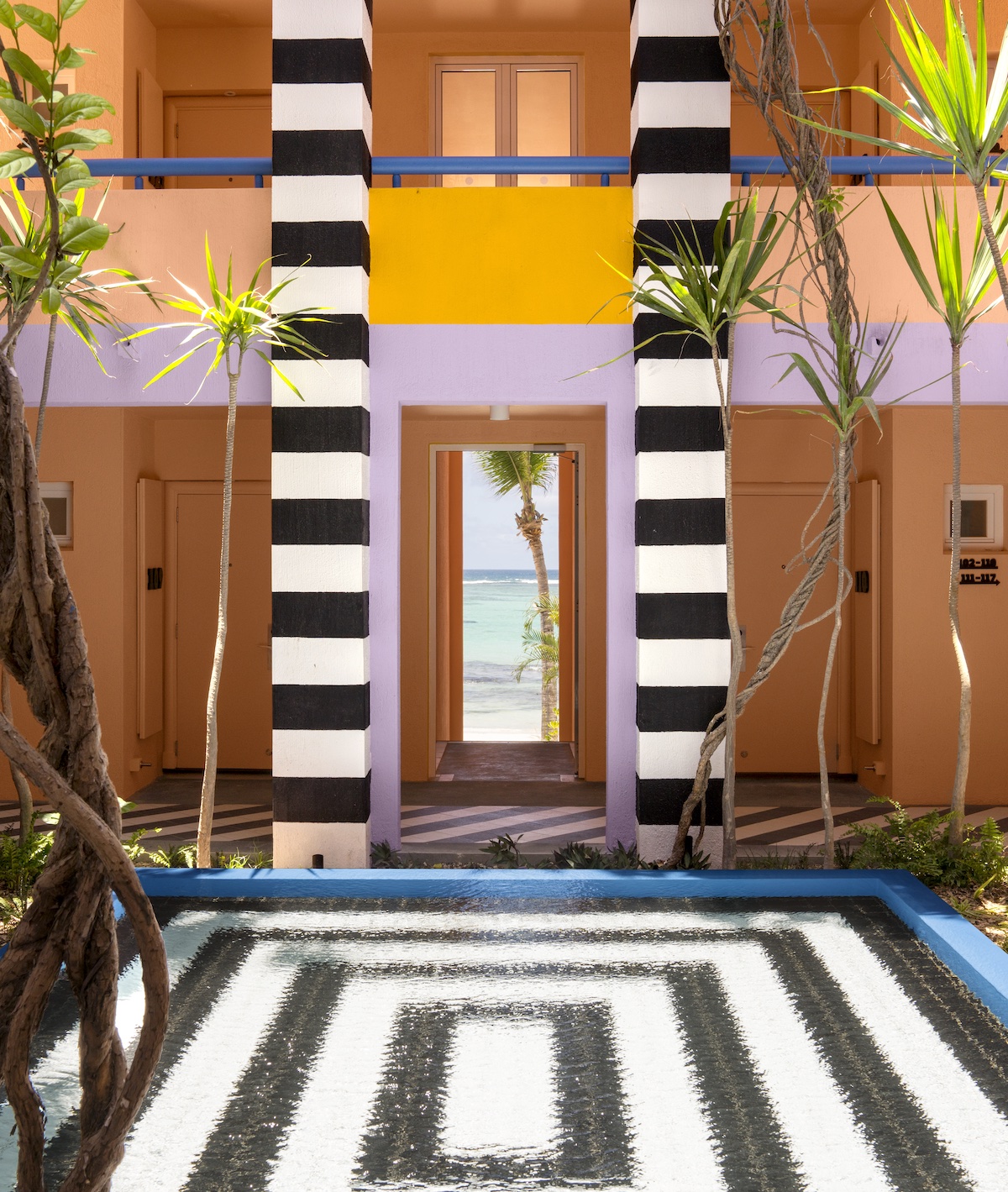
Image credit: SALT Resorts
Marking a new destination on the global Design Hotels map, SALT of Palmar has defied local expectations ever since it opened in 2018. “We’re thrilled to welcome SALT of Palmar to our community,” says Jenni Benzaquen, Senior Vice President and Managing Director of Design Hotels. “This conscious hotel not only marks our first destination in Mauritius—an island that offers unending opportunities for exploration and local engagement—but it also embodies much of Design Hotels’ ethos through its bold interior design and its conscious connections with the local community.”
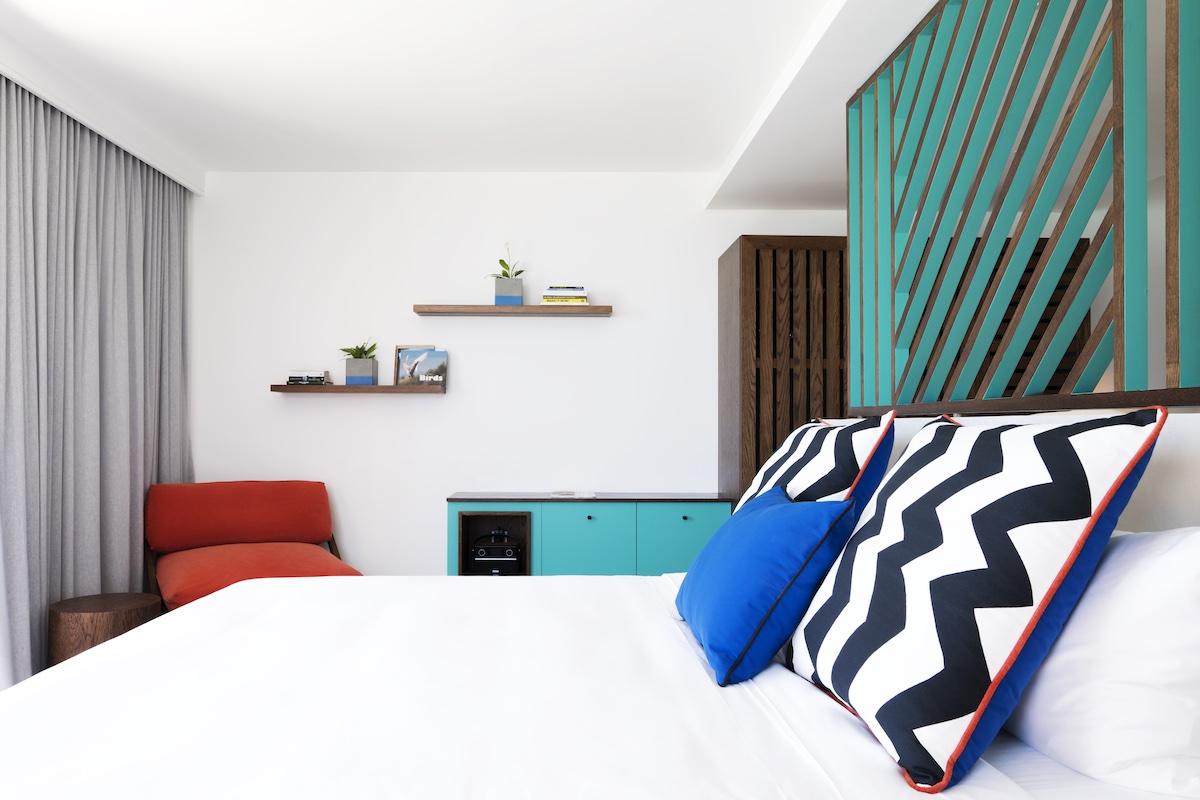
Image credit: SALT Resorts
“We are delighted that SALT of Palmar is the first resort in Mauritius to partner with the renowned Design Hotels,” added Paul Jones, SALT of Palmar’s Original and Chief Executive Officer of The Lux Collective. “It is a like-minded collaboration, grounded on the passion for genuine hospitality, cultural authenticity, and intriguing design and architecture. Rooted in sustainability and a humanistic approach to hospitality, SALT connects modern explorers with meaningful travel experiences. This artful and wellbeing-inspired resort takes the culturally curious to local people – not just places, and into the very heartbeat of the destination.” The global luxury hospitality group that currently manages 16 hotels and resorts around the world, including SALT.
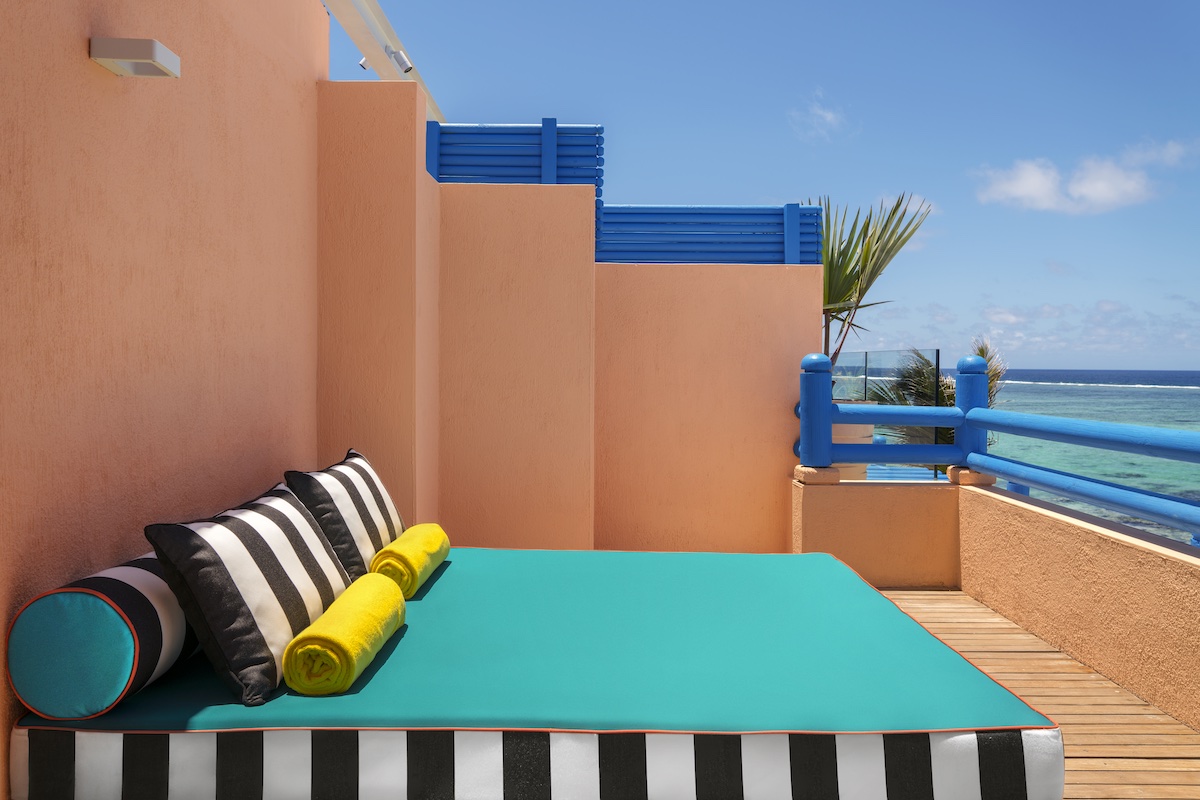
Image credit: SALT Resorts
A gem just east of Madagascar in the Indian Ocean, the remote African island of Mauritius echoes with calls of exotic birds, fish, and tropical plants. Its magic not only lies in its unparalleled natural beauty but also its incredible mix of African, Indian, Chinese, and French cultures. Nestled in the ‘wild side’ of the island – head east – SALT of Palmar is rests where the coast unfurls in traditional villages, swathes of raw beachfront, sugarcane fields, mangroves and lagoons. In the coastal village of Palmar, white sand and sapphire waters are backdropped by old Indian silk saris ruffling in the wind, acting as makeshift fences between small plantations growing chilis and vegetables.
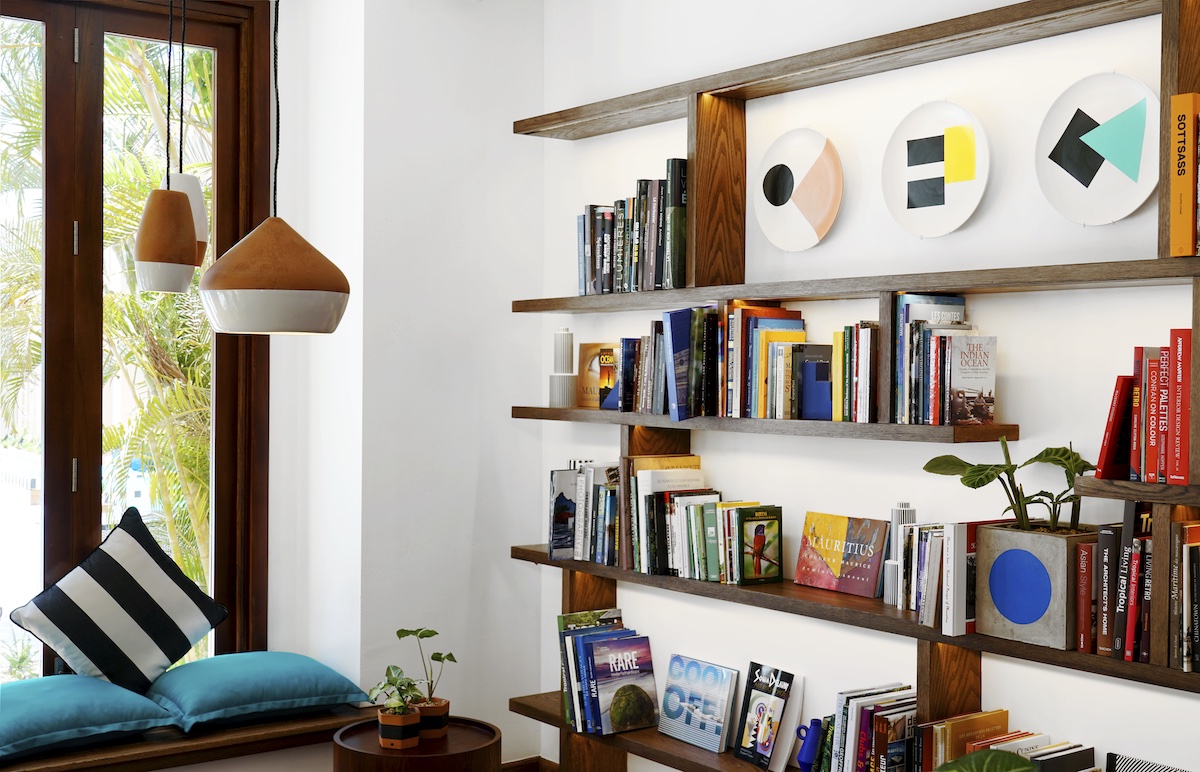
Image credit: SALT Resorts
With all of these sights in mind, Mauritius-born and based architect Jean-François Adam renovated the hotel’s existing structure, which was originally built in the style of a traditional Moroccan riad. “We had to bring these natural elements into the interiors,” he says. “We reoriented all the beds to face the sea, and we redesigned the pool for a better connection to the beach.”
Similarly, artist Walala brought the essences of the island into the interior design concept. “I was blown away by the vibrant colours around the island,” she said. “People paint their houses in the most amazing tones that really stand out against the emerald green of the plants and the ever-changing colours of the sky. I wanted to marry these tones with my signature pop colours.”
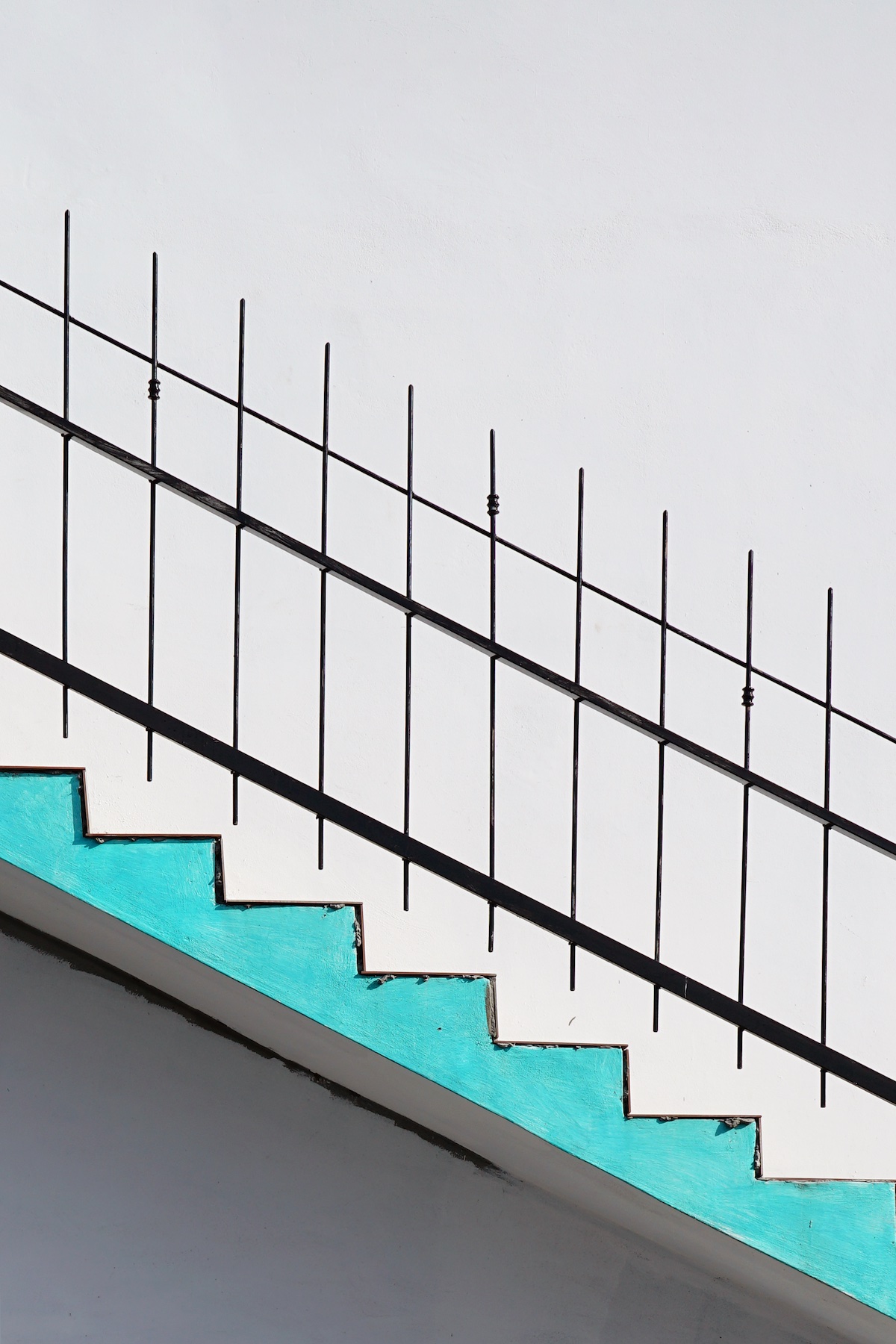
Image credit: SALT Resorts
As a result, the bright hues of the houses dotting the island—as well as the pinks of the awe-inspiring sunsets and greens of surrounding palms and sugarcane fields—appear everywhere across the property. The façade is painted peach with royal blue accents, the daybeds are a vibrant turquoise with orange piping, and even the beach towels are canary yellow. Walala also worked with an extraordinary range of artisans—lovingly referred to as the hotel’s “SaltShakers”—on the island to develop the entire range of furnishings at the hotel. Everything from the woven chairs by the pool to the rug in the library to mosaic tables, cushions, and sunbeds are bespoke. The hotel maintains close relationships with all the SaltShakers, and guests are invited to participate in workshops at their ateliers.

Image credit: SALT Resorts
Another highlight is SALT of Palmar’s onsite restaurant, The Good Kitchen, which has earned a reputation as a destination dining outlet that draws visitors and local Mauritians alike. It was one of the first places on the island to offer locally rooted yet globally inspired cuisine that caters to a variety of palates, with a menu including traditional Mauritian dishes as well as vegan and raw interpretations thereof.
Each of the hotel’s three bars – located on the beach, at the pool, and on the rooftop – has a distinct identity with its own menu of cocktails and alcohol-free drinks inspired by the sea, land, and mountains of Mauritius.
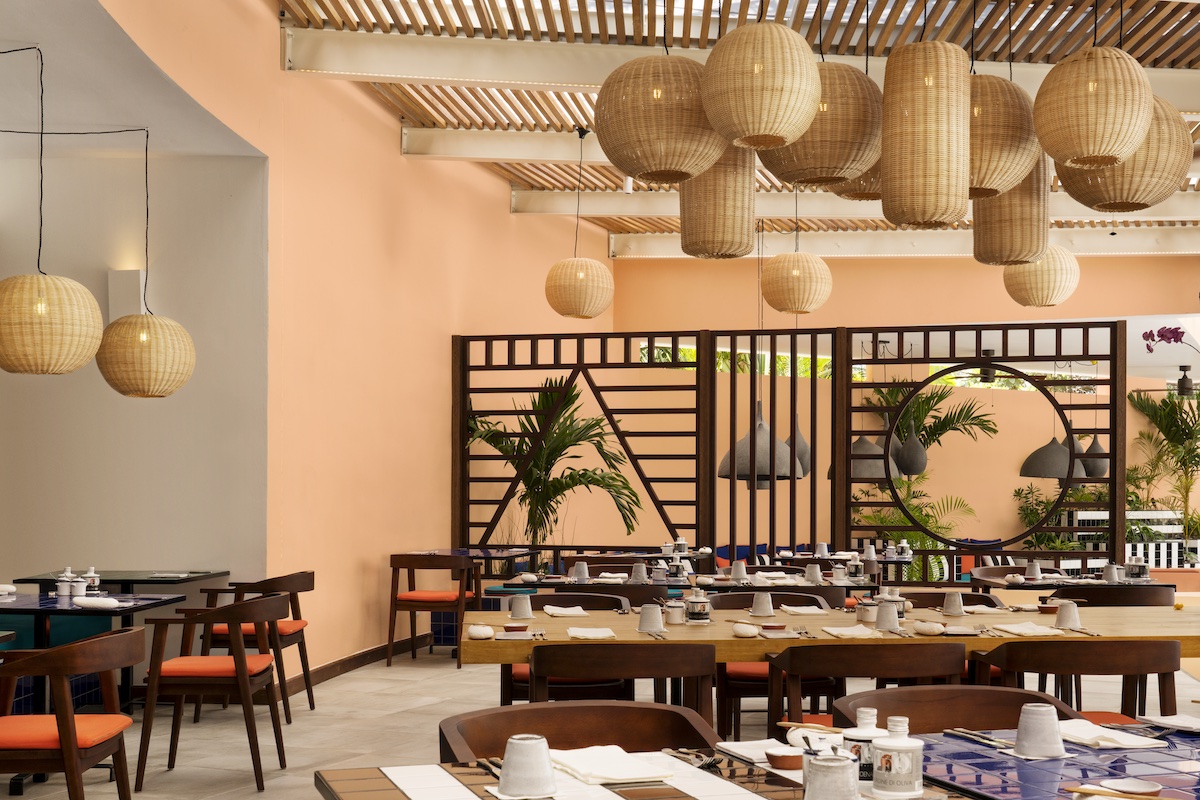
Image credit: SALT Resorts
In comparison to the rest of the hotel, the 59 guestrooms are more subdued to promote restful sleep. But playful splashes of colour are still found in features like fiery orange-red chairs and similarly hued tiled showers, plants in painted ceramic pots, and black-and-white striped cushions.
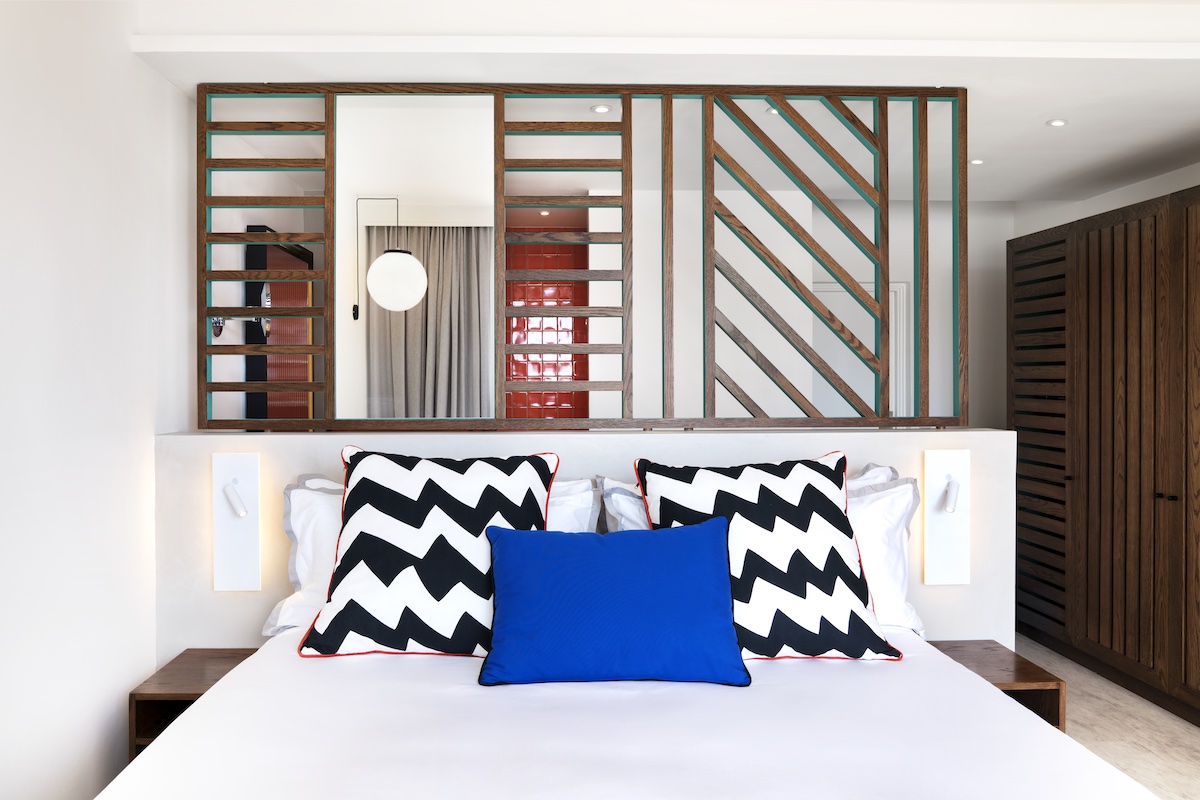
Image credit: SALT Resorts
Each room is equipped with a custom mattress by Carpe Diem, a company founded by a Swedish chiropractor, a bespoke guidebook and small selection of books by local authors, a beach basket made from recycled plastics by local artisan Reotee Buleeram, and refillable, all-natural toiletries. Natural products are also used in treatments at the hotel’s intimate spa, SALT Equilibrium, which also has a salt room for halotherapy. Complimentary movement activities, such as sunrise/sunset yoga classes, serenity beach walks, and beach volleyball, are frequently offered alongside more socially mindful events like workshops on food scrap regrowth and how to make bath fizzes.
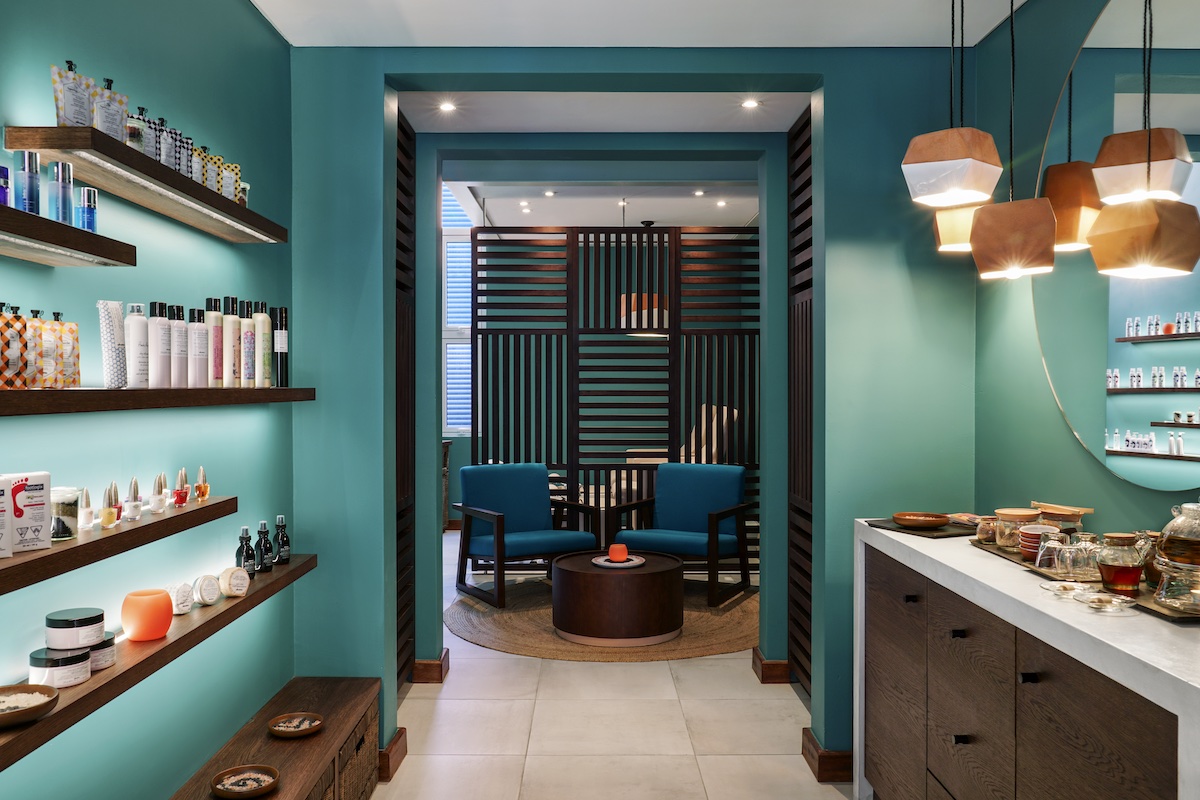
Image credit: SALT Resorts
Outside of the hotel’s own walls, maintaining a strong connection with and giving back to the local community is an integral part of SALT’s expansive ethos. The hotel supports the nearby Laventure Technical School for Disabled and also organises the ‘Skill-Swap Programme’, which offers guests the opportunity to share their skills and talents with the local community, and vice versa. Previous exchanges have included a visiting interior designer giving local school children a class on art and a hairdresser teaching students about different ways to plait hair.
> Since you’re here, why not listen to our latest design podcast episode on ‘transforming spaces’?
Main image credit: SALT Resorts





